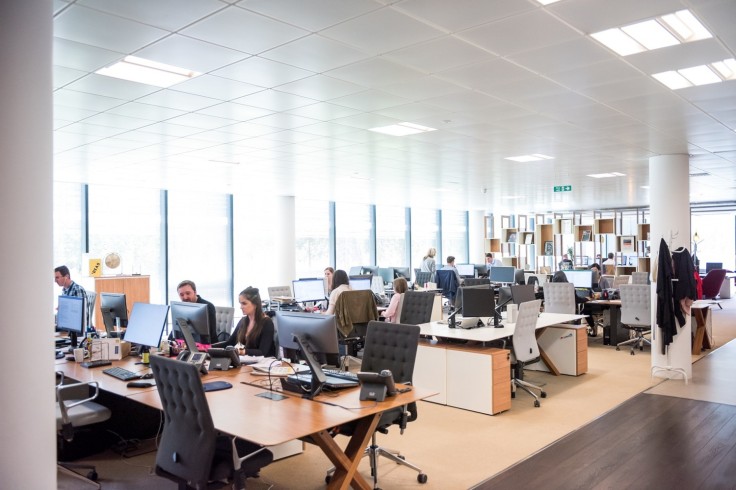
With rapid technological advancements over the last few decades, the typical workplace looks nothing like it used to. As new technologies and trends continue to pop up, it will be interesting to see what the future of work will look like.
This article will provide an overview of the latest trends and technologies shaping the workplace of the future.
The current most popular trends and technologies
Automation
We can't talk about workplace trends without mentioning automation. As scary as it sounds for workers, automation is taking over, and we're only getting started. Workplace automation has revolutionized how businesses operate, increasing efficiency and productivity.
With advancements in technology, machines can now perform repetitive and mundane tasks. This frees up human workers to focus on more complex and creative endeavors.
Human workers also benefit from automation tools. For example, office management apps have made collaboration, communication, and managing projects easier, all within a single platform. Flanco, for instance, also offers a way for employees to book meeting rooms fast and efficiently.
The primary concern with automation is job displacement. Many people argue that robots will eventually replace all human workers, resulting in devastating societal and economic consequences. It's important to remember that automation is unlikely to replace humans but will create new job opportunities.
Artificial intelligence
Artificial intelligence offers tremendous opportunities for businesses in various sectors. AI systems are powered by advanced algorithms, capable of analyzing vast amounts of data, extracting valuable insights, and making intelligent predictions. There is no shortage of benefits to these capabilities.
Customer service chatbots are an excellent example of AI at work. They enable businesses to provide instant customer support, enhancing the user experience and improving operational efficiency.
With that said, AI also poses several challenges. Namely, there are some ethical considerations and concerns about data privacy. So, while AI isn't going anywhere, balancing AI systems with human oversight is important to maximize benefits. But who knows what the future of AI holds?
Remote work
Remote work is a rapid trend that significantly accelerated in the last few years. Despite pushback from major corporations, it doesn't seem like a total return to the office is feasible for most businesses. The most talented workers opt for positions that allow for remote or hybrid work, forcing business owners to reconsider their approach.
Indirectly, the increase in remote work has impacted the use of the aforementioned trends: automation and artificial intelligence. Moreover, remote work can reduce business overhead costs by minimizing the need for large office spaces and infrastructure.
One concern many business leaders have with remote work is its impact on team cohesion and productivity. It's no secret that employees have a better opportunity to slack off without supervision. However, studies on this subject actually claim the opposite. Workers are more inspired and productive when working from home than in the office.
Focus on cybersecurity
With increased reliance on technology and remote work, businesses face increased cyber risk. Cybersecurity initiatives will become crucial in future workplaces, as companies must protect their critical assets.
Several tools are being used to improve security. For example, organizations are providing VPN remote access to employees. VPNs create a secure connection between an employee's device and the organization's network. This is crucial as more employees start working remotely.
Other cybersecurity investments are also necessary. Businesses must protect employee and customer records and other valuable data. A robust cybersecurity infrastructure ensures business continuity and preserves reputation.
Final thoughts
While we can't predict the future, we can assume how the future of work looks based on trends and emerging technologies. Automation and artificial intelligence are set to replace many manual tasks. This will free up a lot of time for humans to direct their brainpower elsewhere. With the rise in remote work, organizations will become even more dependent on these technologies.
Last but not least, we are seeing more focus on cybersecurity. This is positive, considering the dramatic changes the business threat landscape has seen in the last decade.









